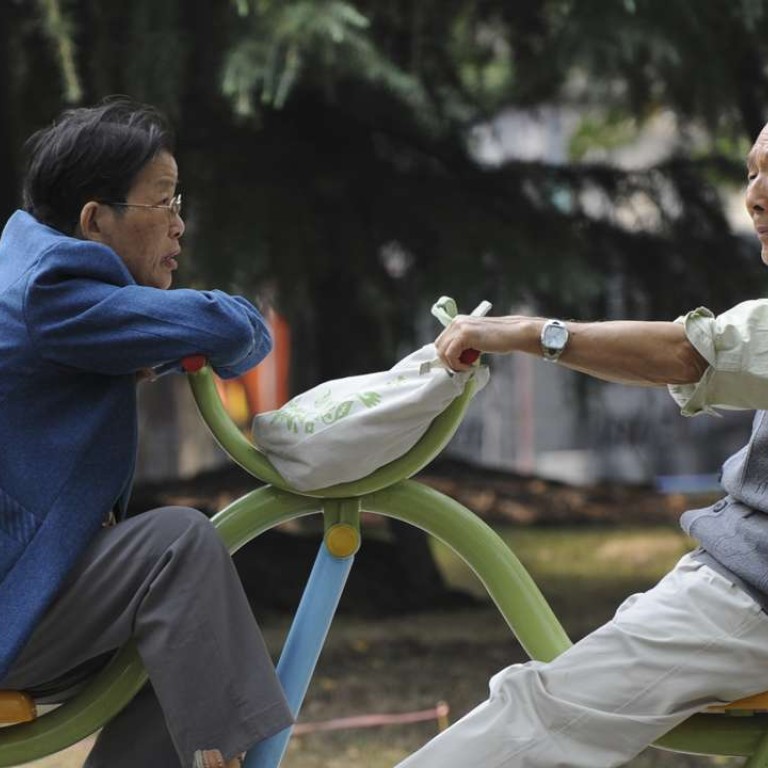
Antioxidants may be dangerous to young people, Chinese study finds
Supplements touted as a way to slow the ageing process may actually accelerate it, researchers say
Taking supplements that contain antioxidants at an early age could result in premature death, according to a new discovery by a team of mainland scientists.
“More and more ‘white collar workers’ in their 20s are taking pills containing antioxidants such as Vitamin C and tea polyphenols. They must stop,” said Professor Chen Chang, lead scientist of the research team at the Institute of Biophysics, part of the Chinese Academy of Sciences in Beijing.
Her study, published in the journal Redox Biology, has found that antioxidant pills can upset the body’s stress-response mechanism and accelerate ageing in young people.
According to a belief popular since the 1950s, oxidants – chemical agents capable of removing one or more electrons from other atoms in a process known as oxidisation – can damage animal cells in a process similar to the rusting of metal.
Antioxidants are vitamins, minerals and other chemicals that can neutralise oxidants. They have been hailed by makers of health supplements for such benefits as slowing down the ageing process, curing diseases or preventing cancer.

But in recent years, a growing number of studies have cast doubt on these claims. Some animal experiments failed to confirm the benefits of antioxidants, while others found a slight increase in oxidants can prolong the lifespan of certain species, such as mice.
Chen’s team took the investigation further, comparing the stress response in worms and human cells at various ages. The cell’s ability to battle oxidants decreased as it grew older, according to their experiments.
The researchers called the mechanism for fighting oxidants the redox-stress-response capacity (RRC). Ageing was caused by RRC degradation, not the presence of oxidants, Chen said.
Young organisms can deal with the stress of oxidants effectively, Chen said. In fact, the RRC mechanism needed oxidants to stay active and functional, in the same way that the presence of wolves keeps deer alert.
Antioxidant supplements could “spoil” the RRC mechanism and cause a young user to age “unnaturally fast”, she said.
Even older people should treat antioxidants with caution. The correct strategy to slow ageing was to strengthen the RRC capability, not take pills, Chen said.
The status of the RRC mechanism can also be measured and provide an index for an animal or human being’s “actual” age.
The ageing process in two people of the same age can vary significantly, but so far scientists do not have a reliable method to quantify the phenomenon.
Chen said her team was developing an algorithm to estimate ageing with the RRC index. It was also studying possible strategies to prolong RRC effectiveness, with the aim of increasing the lifespan.
Professor Sang Jianli, a cell biologist at the college of life sciences at Beijing Normal University, said Chen’s findings “make perfect sense”.
Such artificial intervention could upset the inner workings of the human body, leading to negative effects, Sang said. But he said the RRC mechanism might not fully explain ageing.
“Ageing involves many other mechanisms, such as genes,” he said. “Many scientific problems remain to be solved before we can estimate precisely how long an individual can naturally live.”

